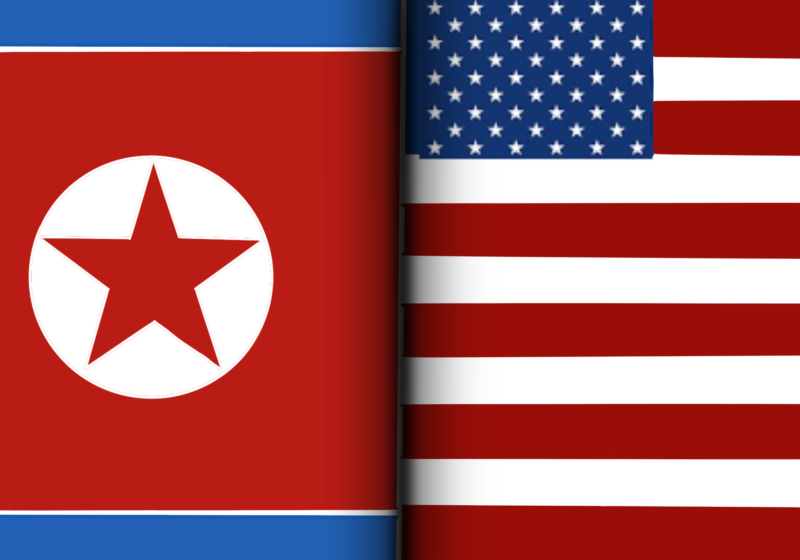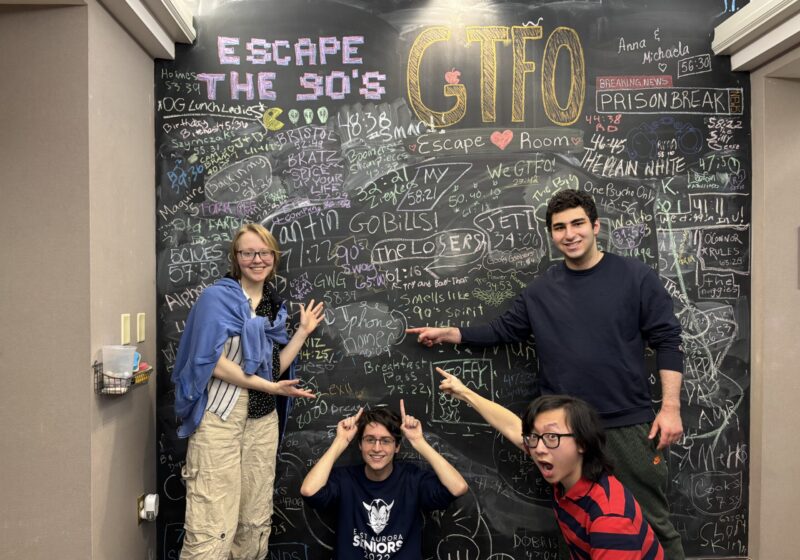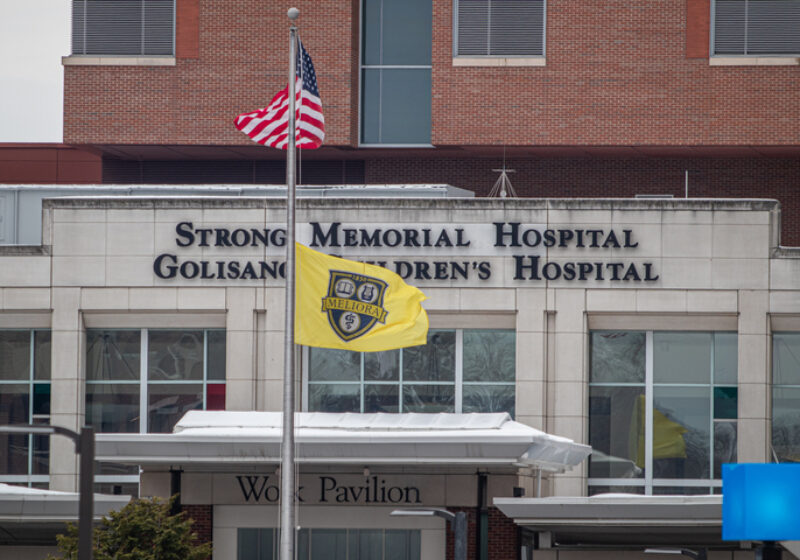On Monday, Oct. 28, Carl Phillips visited the University for the Plutzik Reading Series. The prize, named in memoriam of the poet and UR faculty member Hyam Plutzik, is part of one the most prestigious and longest-running reading series in the United States.
Phillips is a Pulitzer Prize-winning poet who has written 17 books, the most recent of which is entitled Scattered Snow, to the North.
This was Phillips’ second time reading at the Plutzik Series. He read a mix of poems from two collections: Then the War: And Selection Poems 2007-2020 and Scattered Snow, to the North. He began with “Invasive Species,” the first poem in his Pulitzer Prize-winning collection.
In between poems, Phillips added anecdotes about his writing process, inspirations, and thoughts on poetry.
After reading “In a field, at sunset,” a four line poem written in couplets from Then the War, he said, “The hardest poem for me to write is the short one.” He noted that didn’t know how to continue the poem, so he ended it, even though he felt it was incomplete.
Phillips spoke on how he titles poems, saying he sometimes likes to take lines from previous poems and make them the title of new ones. This was the case for his poem “What I See Is The Light Falling All Around Us.”
He said, “I like the idea of weaving work together across decades.”
In the Q&A after the reading, Phillips delved into his inspirations and themes across his work. During the reading, he mentioned that the show “Dickinson” inspired the poem “Like So.” Additionally, he said that artist Mark Rothko was one of his greatest inspirations for his poetry.
When asked about a central theme or question his poetry explores, Phillips responded, “What is it to be a human inside a human body?” His work thinks heavily about queerness, questioning, and now, aging and changing. As someone who did not come out until his 30s, Phillips explores how this question of humanity and queerness has changed for him as he has gotten older.
Phillips’ works are available at the campus bookstore for purchase.




